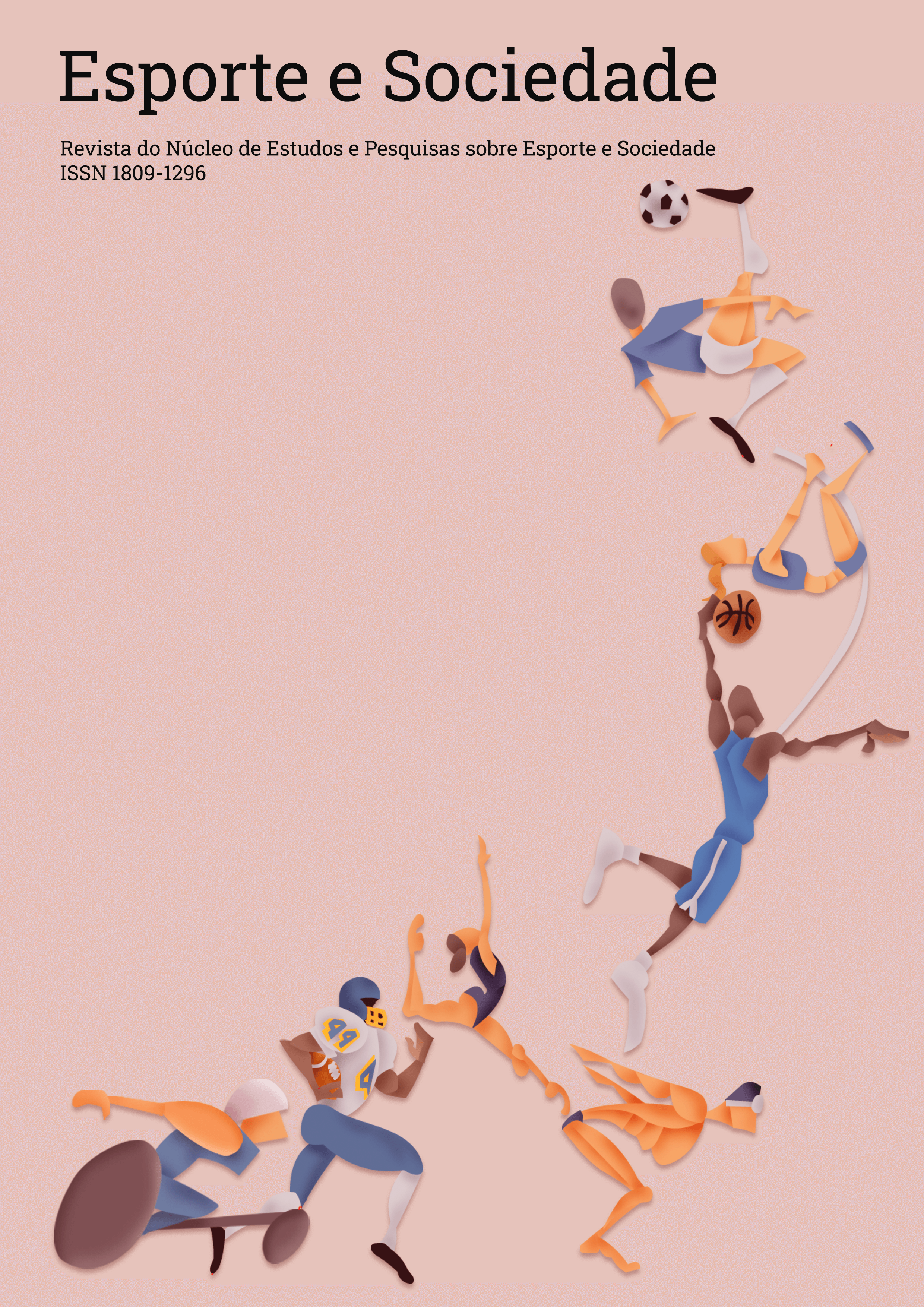Rodas, corpo e silenciamentos: Uma análise dos discursos na mídia sobre a dança em cadeira de rodas.
Abstract
With an exploratory-descriptive character, this research aims to elucidate the meaning production process in the discourses circulated by the printed media about wheelchair dancing. Five reports were analyzed based on the assumptions of French Discourse Analysis, with which we identified the characteristic tension of the processes of change in the social and meaning on the term “inclusion”. On the one hand, there are senses of valorization and equity that link this inclusion to the inclusivist paradigm, especially when wheelchair dancing is inserted in spaces aimed at the general public. However, disability appears as a topic of value, being explored by the media to the detriment of the person who has it, which mobilizes relevant affiliations to the integrationist paradigm. The appreciation of difference erases the person and produces the silencing of the dance, the body, the artist and possible equities, promoting the maintenance of derogatory meanings and a singular distinction where it seems more convenient to include the disability than the person who has it. Faced with this reality, it is necessary to invest in educational actions in society in order to refute and reformulate such derogatory meanings, at the same time that material conditions are developed to subsidize a complete inclusion of the person and their characteristics.


